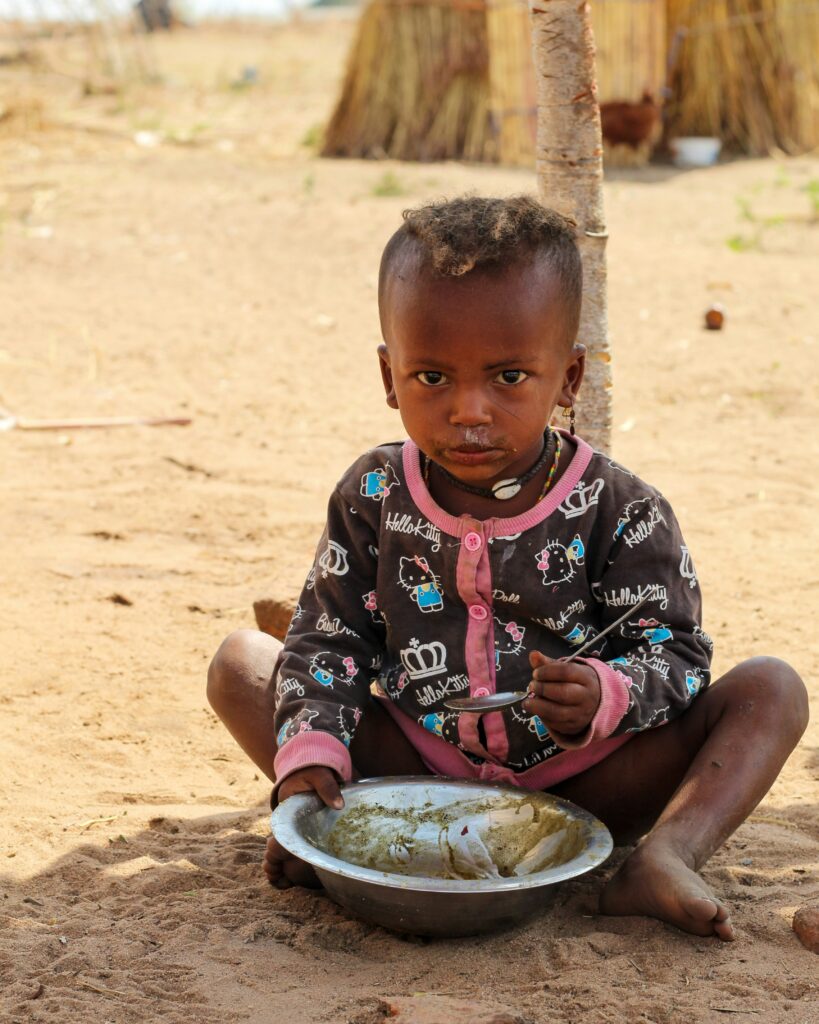Peace is more than just the absence of war—it’s about meeting people’s basic needs in a dignified way. Food security, often overlooked in political discussions, is one of the most powerful peacebuilding tools available. When people have enough to eat, they are less likely to migrate, less prone to conflict, and more invested in their communities.
In simple terms: full stomachs help keep the peace.
Hunger Drives Instability

Rather than just reacting to conflict, nations can prevent it by strengthening food systems. This means ensuring reliable access to affordable, nutritious food for everyone, especially during shocks like droughts or pandemics.
Here’s how food security builds peace:
- Stability: Families with secure food sources are less likely to resort to violence or flee.
- Investment: Farmers and local businesses can plan long-term when the food economy is steady.
- Social Bonds: Fair distribution of food reduces resentment and fosters cooperation.
- Trust in Government: When leaders prioritize food access, citizens are more likely to support public institutions.
This is why post-conflict zones often begin their rebuilding with agriculture. Restoring farms, markets, and food aid isn’t just about nourishment—it’s about reestablishing stability.
Resilience Through Community-Based Food Systems
Food security isn’t just a government responsibility. Communities can (and should) play a major role through initiatives like:
- Community gardens: Shared farming spaces that feed neighborhoods and create unity.
- School feeding programs: Nutritious meals for children that also encourage school attendance.
- Food cooperatives: Farmer groups that share resources and market access.
- Nutrition education: Teaching people how to grow and prepare balanced meals.
When communities manage their own food resources, they become more resilient. They can withstand shocks, support one another, and reduce reliance on external aid.

Toward a Sustainable Food Future
Long-term peace requires a food system that’s sustainable—economically, environmentally, and socially. This involves:
- Supporting smallholder farmers with fair prices and access to credit.
- Investing in storage and transport to reduce food waste.
- Diversifying crops to reduce dependency on single food sources.
- Protecting ecosystems so that future generations can farm too.
Food security is not charity—it’s smart governance. It strengthens economies, prevents war, and lays the groundwork for lasting peace.



